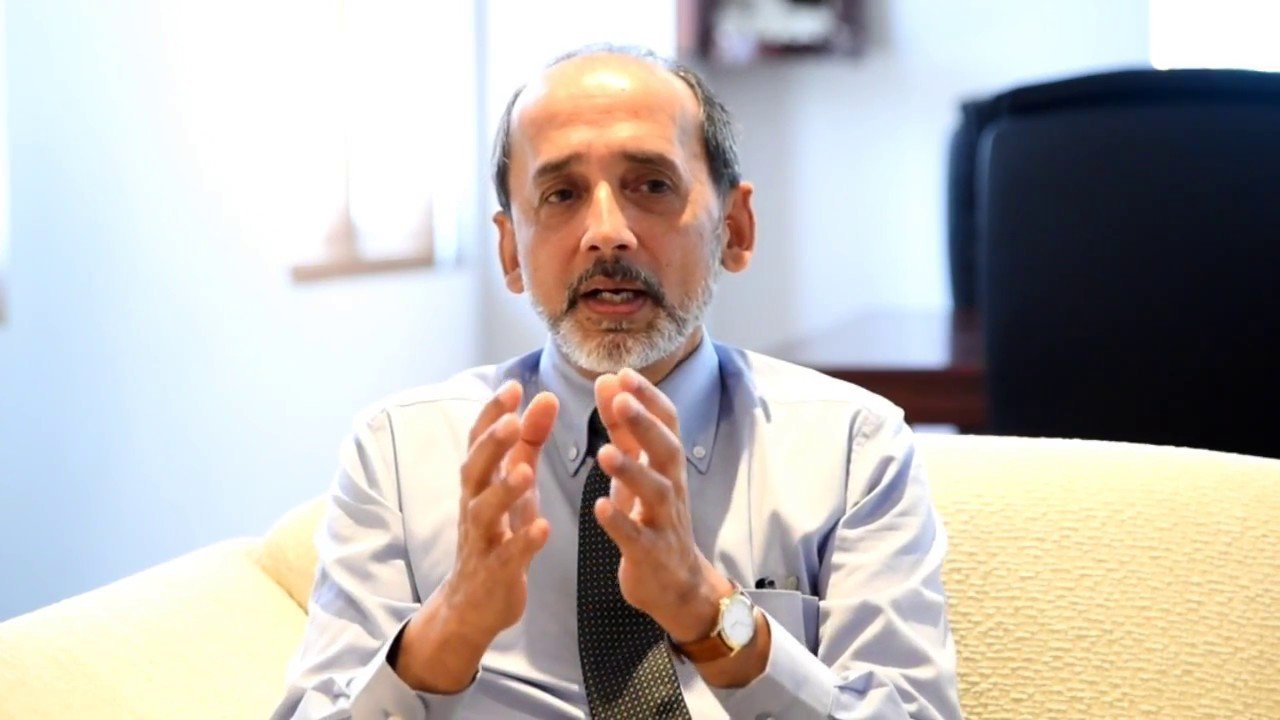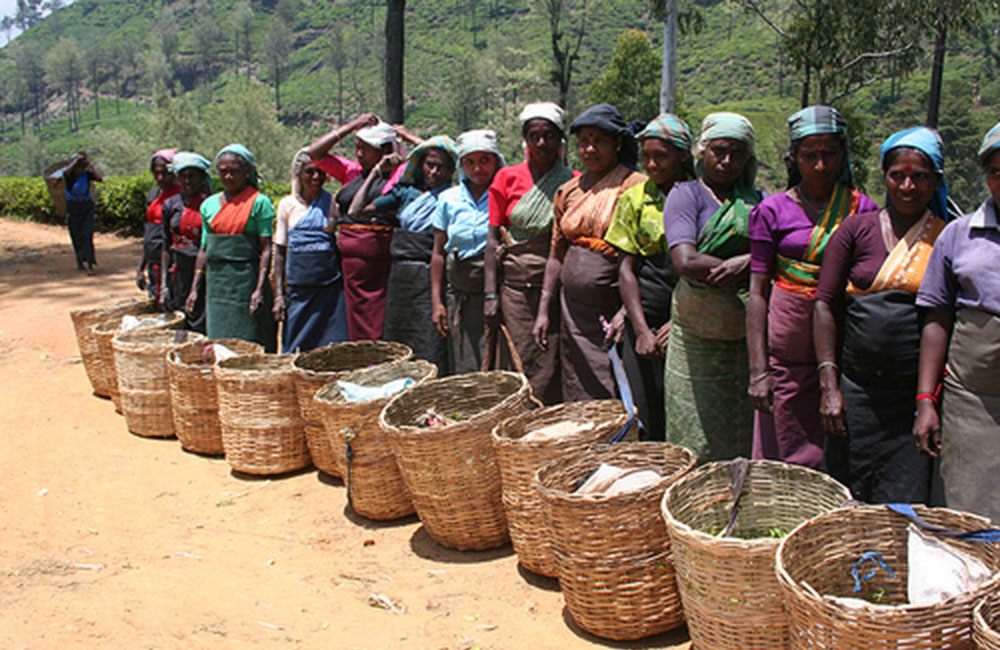Tea farmers in Sri Lanka want their government to reauthorize the use of glyphosate for agriculture.
The country is one of only five in the world to ban the chemical, the active ingredient in Monsanto’s top-selling herbicide Roundup.
With last month’s news that the European Union extended authorization for glyphosate for five more years, Sri Lankan tea industry representatives say they are at a crippling disadvantage compared to their global competitors.
“Many plantation owners have started using alternatives which are not authorized. These are now coming up in various countries,” said Rohan Pethiyagoda, chairman of the Ceylon Tea Board, speaking at a planter’s forum last September.

According to Pethiyagoda, “excessive residue” of such unauthorized chemicals was detected in Ceylon Tea exports bound for Germany and Japan last August.
“Sooner or later, this is going to lead to importing countries putting restrictions on Sri Lankan tea exports,” he said.
Tempest in a Teapot
Known by the country’s old name, Ceylon tea is the mainstay of Sri Lanka’s economy. The country is the second-largest exporter of tea in the world, after China.
The ban was put in place by presidential order in 2015 after a study suggested glyphosate was partially responsible for an epidemic of chronic kidney disease killing thousands of agricultural workers in hot, dry areas.
Glyphosate’s impact on health has divided scientists and regulators for years. In 2015, the UN’s International Agency for Research on Cancer (IARC) reported that glyphosate was “probably carcinogenic to humans,” while the UN Food and Agriculture Organization found the opposite.
“There is no evidence that glyphosate, or for that matter any pesticide, has a role in this kidney disease,” said Parakrama Waidyanatha, a scientist and former chairman of Sri Lanka’s Coconut Research Institute.

Parakrama Waidyanatha points to a joint report from the World Health Organization that found no evidence to implicate any agrochemical as the cause of chronic kidney disease.
“The government acted foolishly on a report by a few researchers whereas the mainstream scientists have repeatedly pointed out the fallacy of that report,” Waidyanatha told Bloomberg Environment.
Black-Market Glyphosate
In the face of rising crop losses because of overgrowing weeds, the Planters’ Association of Ceylon is asking the government to either overturn the ban or provide an effective replacement for glyphosate.
“Unfortunately, the situation is becoming extremely dire for the tea sector,” association chairman Roshan Rajadurai said in a news release.
According to Rajadurai, crop loss in the first 18 months after the ban totaled to some $100 million.
Last month, Sri Lankan police seized 5,400 packets of illicit glyphosate. Investigators say the contraband is smuggled into the country on boats from India, where it is sold at four to five times the original cost.
“Time and again we have called on the government to at least give us an alternative to glyphosate, and unfortunately there has been no response whatsoever,” Rajadurai said.
Without an effective weed killer, Rajadurai said additional labor costs for manual weeding, as well as lost production, are giving an advantage to Sri Lanka’s main competitors in the tea sector, Kenya and India.
In addition to the glyphosate question, Sri Lanka was also recently hit with a Russian prohibition on Ceylon tea.
Russia imposed the temporary ban in December after authorities allegedly discovered a Khapra beetle in shipment of tea. The beetle is one of the world’s most destructive pests of stored grain and seeds.
Sri Lankan officials speculate that the move was actually in retaliation for Sri Lanka’s decision to bar imported asbestos roofing materials from Russia.
Bigelow Tea Lawsuit
As the Sri Lankan tea scuffle unfolds, the potential for glyphosate to show up in tea is attracting notice in the U.S. as well.
R.C. Bigelow, Inc., the number-two selling tea brand in the U.S., is being sued by the Organic Consumers Association (OCA), an advocacy group based in Minnesota.
The lawsuit, filed on Dec. 15, alleges that glyphosate can be detected in some of the company’s tea products.
But the lawsuit isn’t claiming that Bigelow broke any laws—only that it deceptively labeled, marketed, and sold tea products as “All Natural” and “Natural,” in order to make the products appear environmentally friendly.
Bigelow stated that the levels of glyphosate detected were well below the government standard and called the lawsuit “beyond frivolous.”
“People have lost perspective,” said Cindi Bigelow, president and chief executive officer of the family-owned company.
According to OCA, samples of tea purchased at Wal-Mart Stores Inc. turned up glyphosate levels of 0.38 parts per million (ppm), which is below the federal standard for tea of 1 ppm.
“The level they found is 62 percent below the EPA standard,” said Bigelow, “And the standard for tea is five times higher than a carrot.”
Furthermore, Bigelow said that according to internal tests, levels of glyphosate in brewed tea are “absolutely zero.”
Asked whether she is concerned about tea coming from Sri Lanka, Bigelow said the company meticulously checks its supply chain.
“We buy a lot of tea from Sri Lanka and haven’t found any glyphosate.“
“It’s the ‘champagne of teas’,” she added.

Leave your comments
Login to post a comment
Post comment as a guest